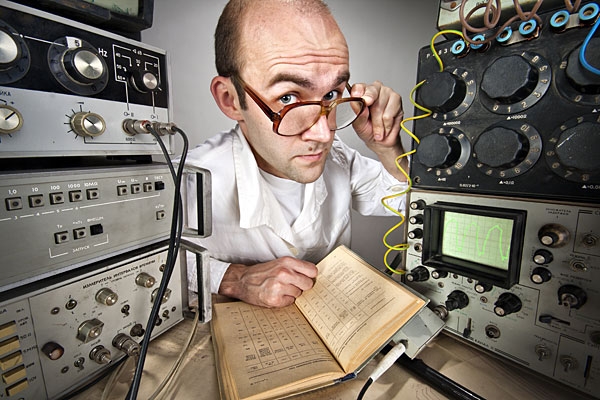Yes, the MQA controversy will never end. But Tidal masters definitely don't sound or look any different from the original source.
I understand some people don't believe in visualising waveforms ( but it's essential as all of us have different levels of hearing loss...and spectral tools exist for analysis)
Regarding "That Great" Fleetwood Mac record...it was recorded as 16-96 (weird but true!!)
I had a Warner SACD of Rumours, which sounded considerably better than HDTracks one (24-96)..which was made from an audio DVD.
The 1979 half speed mastered one in vinyl is possibly the best version of this particular gem ( to my limited knowledge)
I don't know what exactly is Qobuz is doing. But it's true that Tidal's version sounds slightly different from what I have in my collection (SACD rip in flac and usual Redbook rip..they sound almost identical)
The controversy around this album's sound is not new (specially with so many upscaled versions available legally) and shouldn't be used to judge streaming services' quality.
If someone is truly interested
https://dr.loudness-war.info/
It's a good database.
Post-production industry handle all session samples at 48K 16bit. That is the standard.
Now if I produce at 24/48...
There are more than 200 stair-ladder steps when compared to 44/16. And when I downsample to 44/16 with dithering, it does sound better than dealing with 44/16 from the start. Downsampling from 48/24 to 44/16 plus dithering has better interpolation.
One doesn't need to know/ understand these technicalities for consumption.
Steely Dan's records are your safest bet to compare streaming services.
One cannot just make a statement like " music quality is subjective" without having any clues whatsoever.
What we see as Spectral layers but can not hear with our ears is the "subjectivity" in science of audio.
Young people with exceptional hearing capabilities can actually hear the difference what we can see in Spectrometers ( with more than 90 percent accuracy in blind tests...the remaining 10 percent is the real subjective interpretation...The primary auditory cortex lies in the superior temporal gyrus of the temporal lobe and extends into the lateral sulcus and the transverse temporal gyri (Heschl's gyri). Final sound processing is then performed by the parietal and frontal lobes of the human cerebral cortex.
This final processing is purely subjective, as our frontal lobe is really complex and has most of the non measurable emotions which are attached with perception of audio.
So as a tech geek, please try to avoid the idiotic " sound is subjective " theory.
Yes, it's subjective to a certain extent, but not a simple thing.
Hope science of sound is not beneath the lofty standards of TE threads.
I don't like people like Crinacle simply because these newer reviewers believe in FRCs, but don't understand Spectral Layer analysis and don't even know the signal flow from cranial nerve to cerebral cortex ( what happens in frontal cortex is subjective, rest is your age, inner ear)
It's Audirvana BTW and the core player was there for decades and still works perfectly fine with DSD. It still has all the granular controls of everything in the signal chain.
It can only sound bad, if you mess up dithereing / some other settings without knowing what's going on. Heck it allows to play around with kernel audio processing!! You won't get anything like this under 300 EUR and those are DAWs ( stay away from them, if Audirvana settings confused you)
Yes whathifi is sponsored by brands, but people working for it get paid..it's a tough job to get.
They may be biased to certain brands, but they do know about audio processing and actually have the products they are reviewing ( unlike many reddit reviews)





